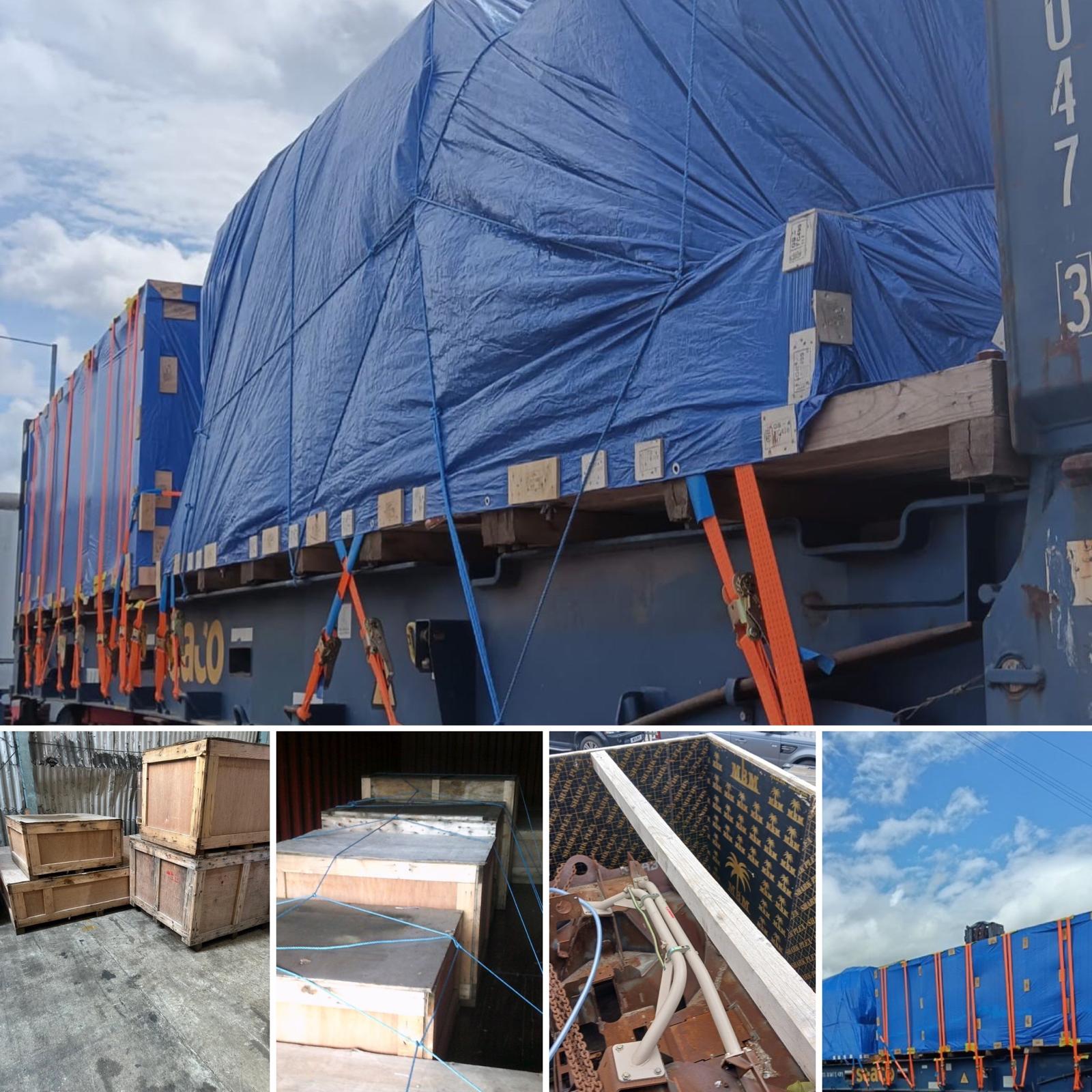Business
International Shipping Terms
KTL Europe have created a reference guide to help the untrained ear understand what the international shipping abbreviations mean.

Shipping goods across the globe is far more than just transporting your shipment from A to B. This guide will hopefully give you the knowledge so you can avoid any misunderstandings
Shipper/Consignor: The shipper or seller of goods declared on documents
Consignee: Buyer or Purchaser of goods declared on shipping documents.
Notify Party: Notify Party can be used to add a Freight Forwarder, Agent or specific company/person of goods when arriving to Port/Airport.
CY - Container Yard
TEU – Twenty Foot Container
FEU – Forty Foot Container
W/M – Weight or Measure
Charge per cubic meter or per 1000KG, whichever is greater
PSS – Peak Season Surcharge
Peak season for ocean freight typically is June – November. Peak season for air freight is typically September – December
FSC – Fuel Surcharge
SSC – Security Surcharge
BAF – Bunker Adjustment Factor – Effectively a fuel surcharge
FCL – Full container load
LCL – Less than container load
CAF – Currency adjustment factor
Charge, expressed as a percentage of a base rate that is applied to compensate carriers of currency fluctuations.
CFS – Container Freight Station
Abbreviation for "Container Freight Station." A shipping dock where cargo is loaded ("stuffed") into or unloaded ("stripped") from containers. Generally, this involves less than container load shipments, although small shipments destined to same consignee are often consolidated. Container reloading from/to rail or motor carrier equipment is a typical activity.
THC – Terminal Handling Charge
A charge made for a service performed in a carrier's terminal area.
AMS – Automated manifest system
The U.S. Customs' "Automated Manifest System."
ISF 10 + 2 – A USA Customs requirement, relating to information that must be filed in advance of cargo departure for goods to the USA
ENS – Entry Summary Declaration
Cargo and Shipper/Consignee information that must be filed to the carrier/shipping line in advance of cargo departing China.
Doc Fee – Charge for Documentation, Either as Bill of Lading or AWB For Airfreight.
Export Customs/NES – Export Customs filed for goods leaving a country, NES is the NEW EXPORT SYSTEM in the UK for export cargo, and is the same as Export Customs Entry
Import Customs – Import customs clearance must be undertaken for goods entering the EU from outside the member states.
UCR/DUCR/MUCR – Unique Consignment References relating to Customs clearance of goods either for Import or Export, used to identify goods when undertaking Import or Export customs clearance.
UCN – Similar to UCR – Unique Consignment Number – used to identify goods with Customs or as part of LCL/Groupage container.
Bill of Lading – Shipping document issued stating the shipper, consignee and any notify party, can be used as a binding document and goods cannot be released unless original is surrendered to either nominated ocean carrier or agent in the destination of goods.
Telex Release – A term used when an Original Bill of lading has been surrendered either at point of origin or destination – means no original bill of lading is required to secure release of goods.
Waybill/Seawaybill – Similar to Telex Release but means that NO Original bill of lading was issued and bill of lading is non-negotiable and goods are not secured against it.
L/C – Letter of Credit to secure payment for goods.
AWB- Airwaybill used for Airfreight and Courier shipments.
Commercial Invoice – Invoice used to declare the value of goods for customs clearance purposes.
Packing List – In some cases, and depending on the items Packing Lists are required for Customs Clearance.
GSP Form A – Generalised System of Preferences. A certificate issued by Governing bodies in certain countries which entitle the goods/country of origin to lower DUTY Rate for Customs Clearance.
COO – Certificate of Origin – can be used in some cases along with, or instead of GSP Form A to secure reduced DUTY on goods from certain countries.
EUR1 – Similar to GSP and COO can be used to secure lower rate of Duty on Goods either from or to the EU with certain goods and countries.
DGN – Dangerous Goods Note – Used to identify hazardous and dangerous goods when in transit.
D/O Delivery Order – A term used by some countries to enable release of goods.
Agency – A Freight Forwarder or similar working on behalf of a customer or agent
Freight Forwarder – A Freight Forwarder is employed to arrange Import or Export of goods and customs clearance of goods.
Carrier – Refers to Shipping Line or Airline.
Incoterms –is an abbreviation for “International Commercial Terms.” This term represents a very useful way of communication and it's actually aimed at reducing confusion between buyers and sellers.







